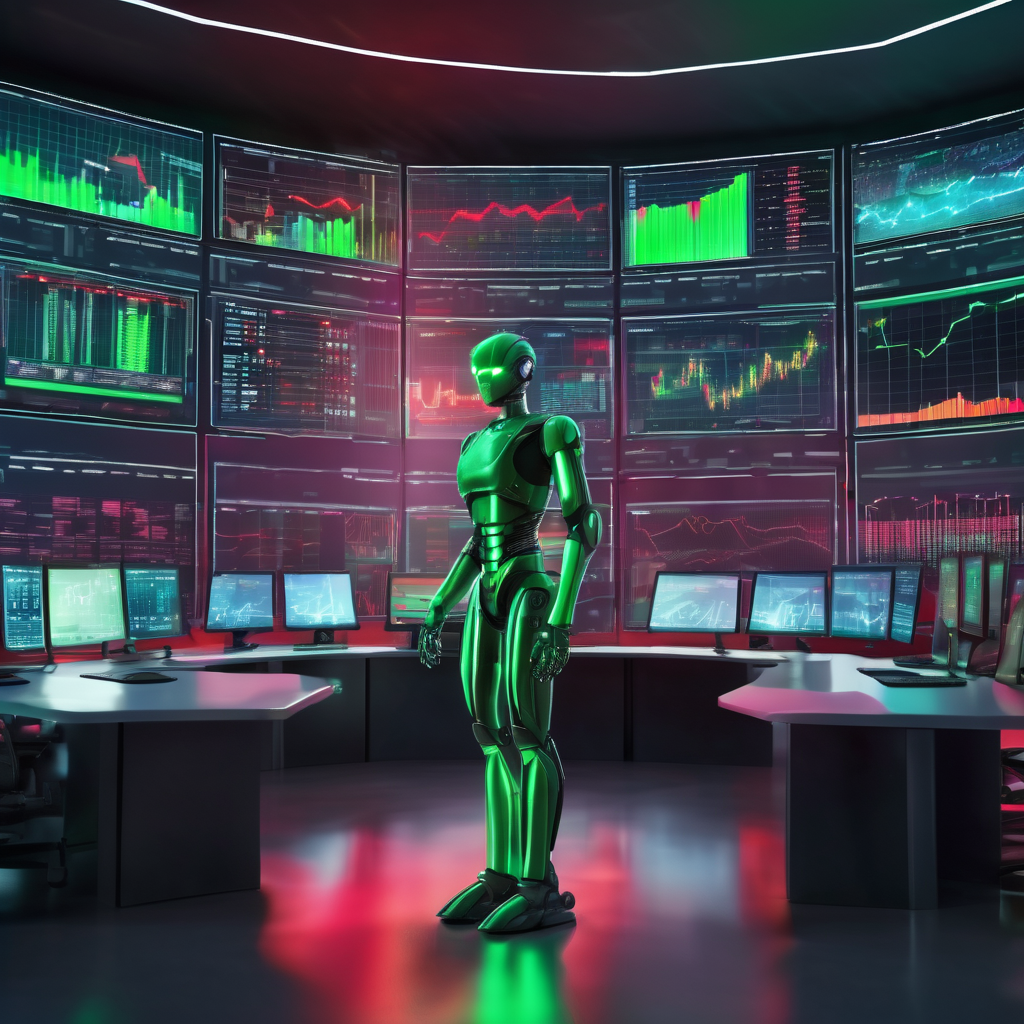
Perhaps you’ve encountered this recently: You’re feeling optimistic as stocks hit new highs, when suddenly someone appears on TV to dampen the mood. “It’s an AI bubble, ” they claim. “Just like 1999. ” This actually happened to me last week (before President Trump’s new tariff threat sent stocks tumbling on Friday). I had just finished reading some convincing research arguing against the idea of a bubble, only to have my positive outlook challenged by a TV segment declaring the opposite. Fed up with the ups and downs, I decided to firmly take the “not a bubble” side. (You can read the story here. ) To my surprise, the strongest disagreement came from my own boss, Steve Russolillo, Business Insider’s chief news editor and a regular writer of this newsletter on Sundays. Steve worries that we are indeed in an AI bubble—one that could grow larger and eventually burst more dramatically than the dot-com boom and bust. So, we decided to sit down and discuss it. Valuations Steve: Joe, I found your piece intriguing, but as someone with old-school views, I wince when Wall Street firms rely on unconventional metrics to justify the rally—as both Goldman Sachs and Morgan Stanley have done. By contrast, a trusted valuation gauge—the Shiller P/E ratio, which dates back to the 19th century—is alarmingly high, above 40. It was even higher during the dot-com bubble. Ignoring this ratio is risky; it correctly signaled major market peaks in 1929 and 1999-2000, and also indicated trouble before the mid-2000s housing crash. Joe: I agree that the Shiller P/E is concerning. However, I believe it overlooks some critical characteristics of the companies leading the market. When you adjust valuation metrics to account for profit growth, cash flow, and profit margins, the similarities to the dot-com era notably weaken. And yes, Wall Street often invents new metrics to support their narrative, but in this situation, the adjustments offer a clearer, more modern view of corporate health. Company quality Joe: The companies spearheading the AI revolution are simply stronger.
On average, they generate better cash flow, operate more efficiently, and deliver greater profitability. This is especially true for the largest names driving the market—Nvidia, Microsoft, Amazon, and the like. Steve: There’s no denying the dominance of these few giants. In fact, they’ve become a bit too dominant for my taste. The so-called “Magnificent Seven” stocks now constitute over one-third of the S&P 500. This level of concentration is rare and presents significant risk—if even one of these companies stumbles, it could quickly drag the entire market down. A circular economy Steve: AI deals are being announced nearly every day. Hundreds of billions of dollars are flowing in, prompting growing concern among investors and analysts about the circular nature of these deals—and how sustainable they really are. “If anyone stops to ask, ‘What’s our actual economic return here?’ it could spell big trouble, ” warned Jim Chanos, famed for shorting Enron. Joe: I admit, OpenAI’s central role in so many of these deals does make me somewhat uneasy, particularly with companies like Oracle and CoreWeave now deeply tied to its fate. But a recent Bank of America note reassured me, projecting that by 2030 only 5% to 10% of spending will come from vendor financing. To me, warnings about an AI bubble seem to be turning into an unsustainable bubble all on their own. Steve: OK, now this is getting a bit too meta for me. What’s your take on the big AI bubble debate?We’d love to hear from you. Please email jciolli@businessinsider. com and srussolillo@businessinsider. com.
AI Bubble Debate: Expert Insights on Market Valuations and Risks


InVideo, a leading video creation platform, has introduced the AI News Generator, a groundbreaking tool that transforms textual news content into fully produced news videos quickly and effortlessly.

This post, created in partnership with Fetch, highlights the critical role of AI in modern marketing, emphasizing personalization, agility, and data-driven insights to enhance brand loyalty and performance.
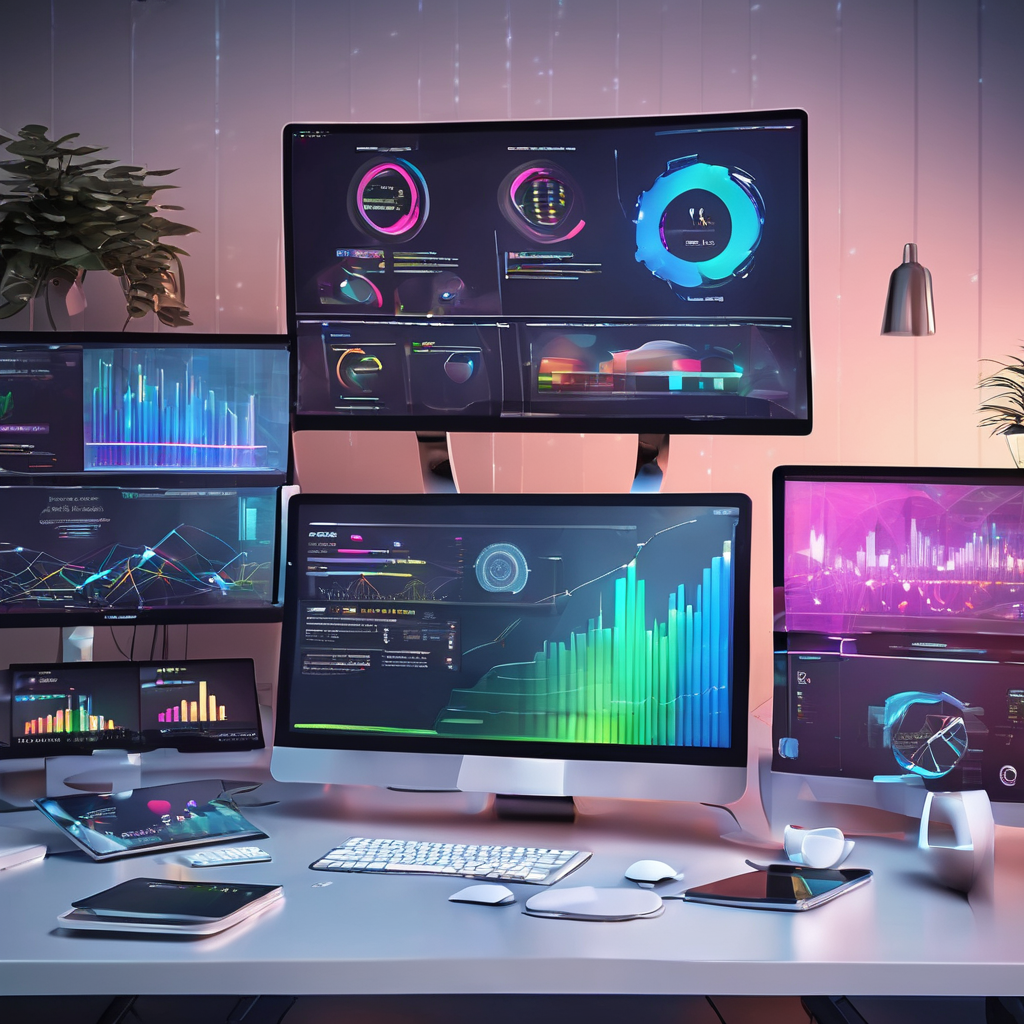
We’ve tested AI SEO tools extensively over the years—both at Backlinko and through broader SEO projects—and here’s what we’ve learned: Many tools rush to label themselves “AI-powered” just to keep up
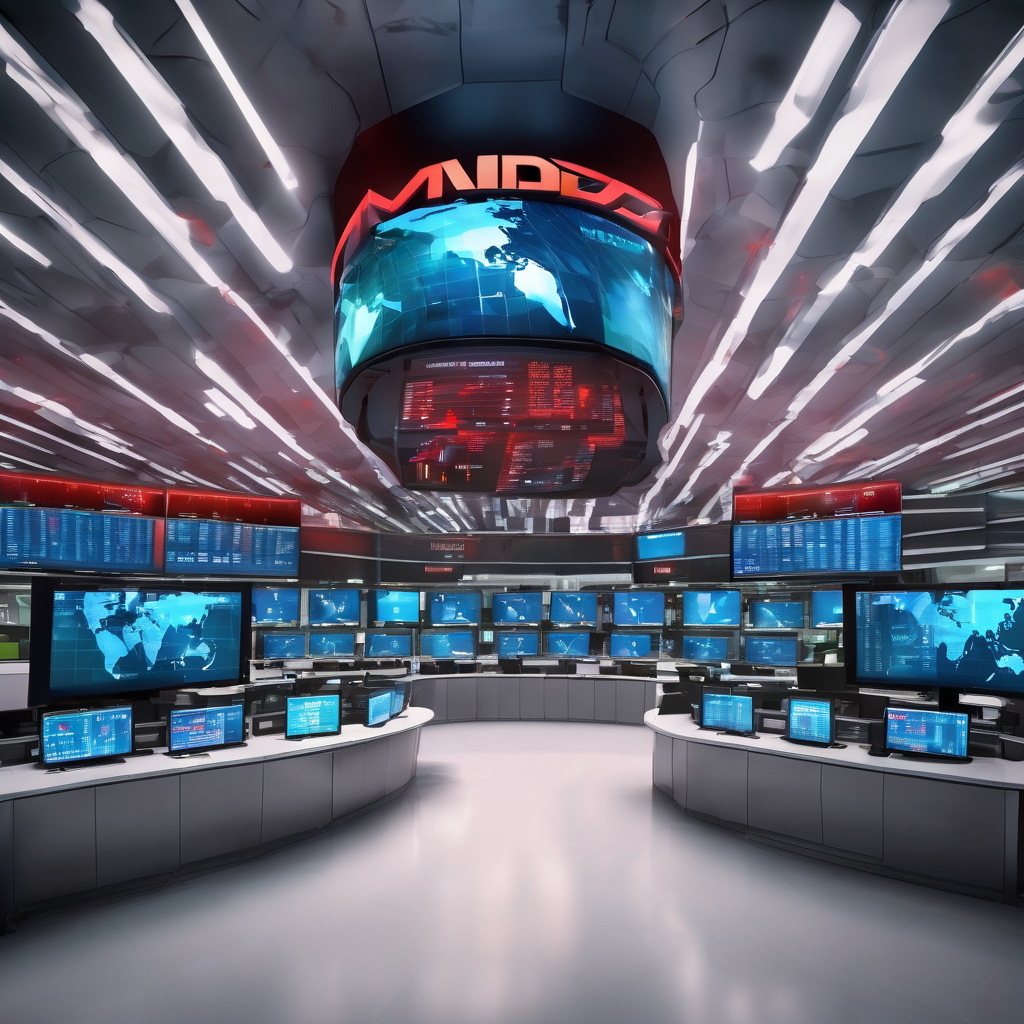
On Monday, October 6, 2025, U.S. stock markets saw a notable upswing, primarily driven by investor enthusiasm around advancements in artificial intelligence (AI).
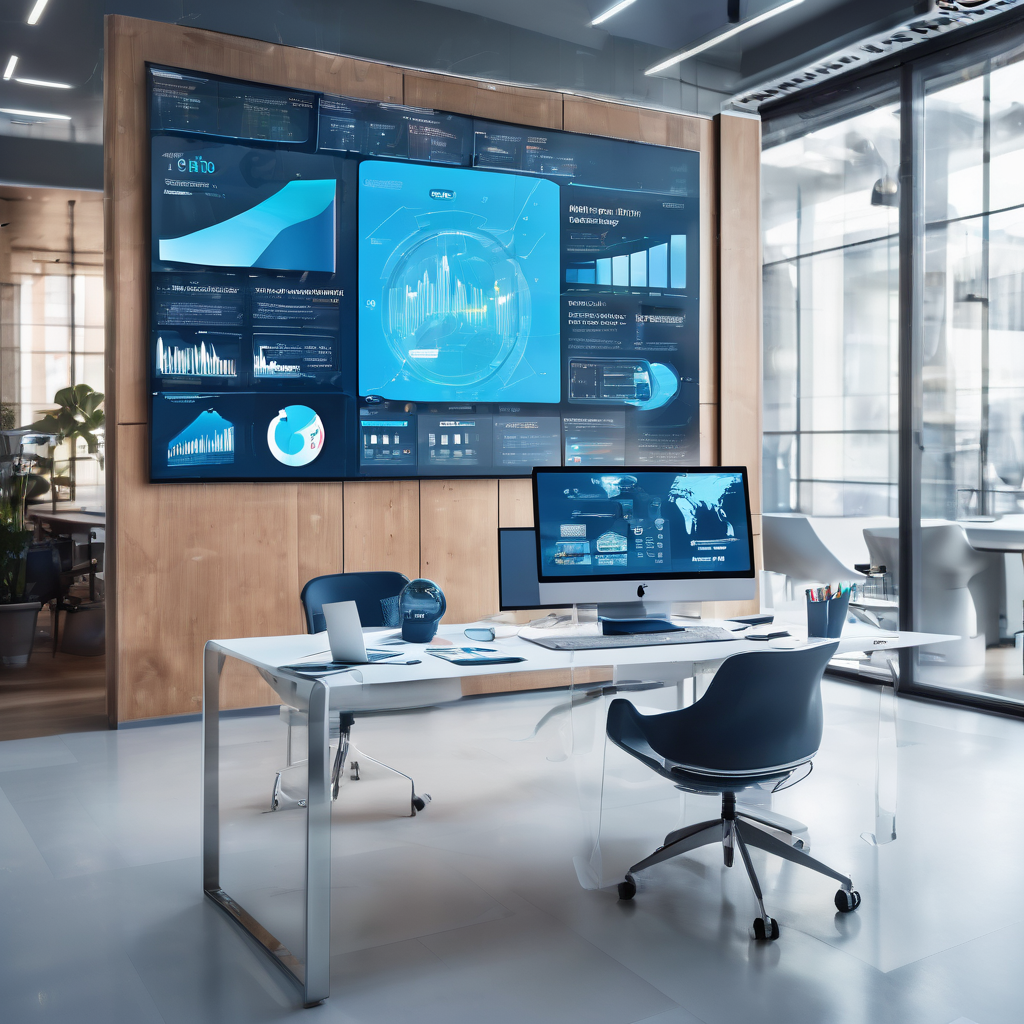
These pillars illuminate the path as he conveys the company’s transition from being solely a DIY tax and accounting software provider to one that integrates AI with human insight to assist customers with their finances—whether they are filing taxes, monitoring their credit score, or launching a business.
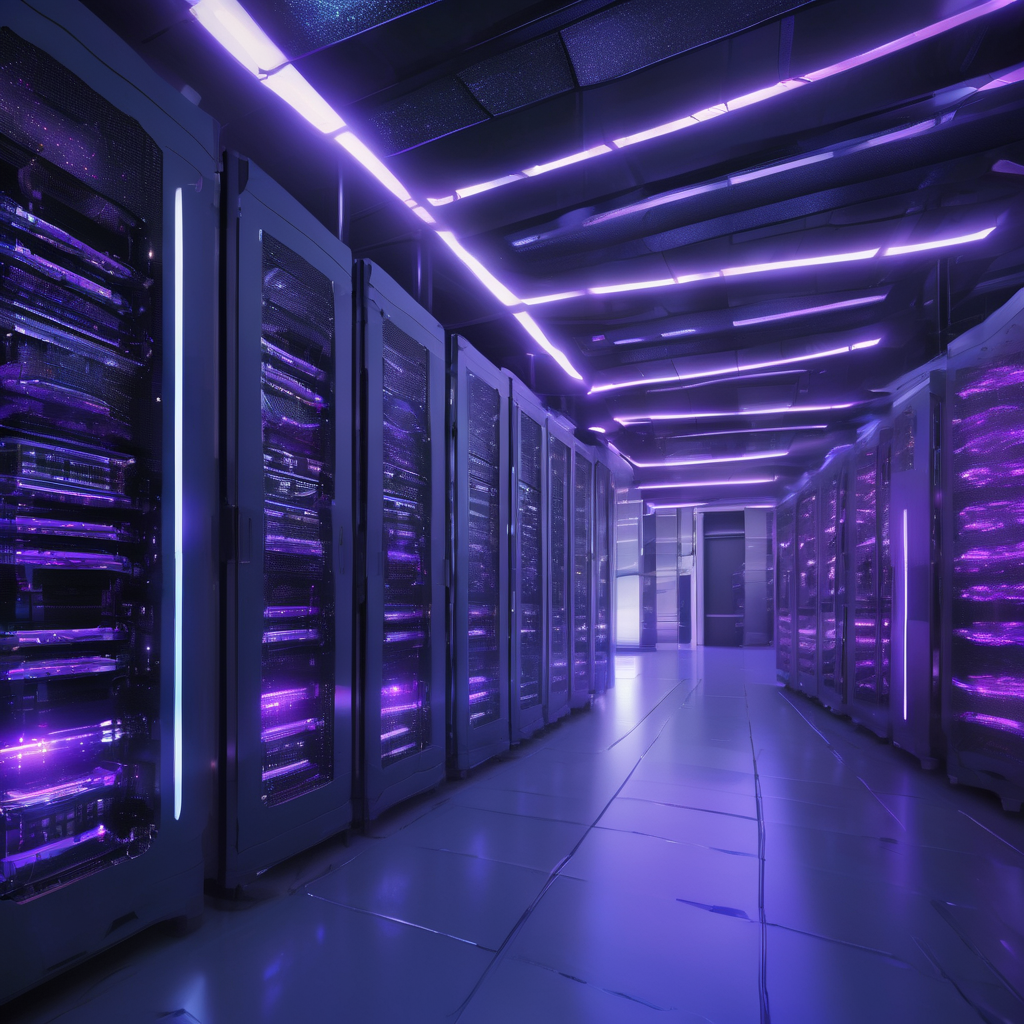
AMD has announced a landmark multi-year partnership with OpenAI to supply advanced AI GPUs, marking a significant advancement in AI hardware.

Regrettably, you won’t be reclaiming your lost clicks.
Automate Marketing, Sales, SMM & SEO

and get clients on autopilot — from social media and search engines. No ads needed
and get clients today